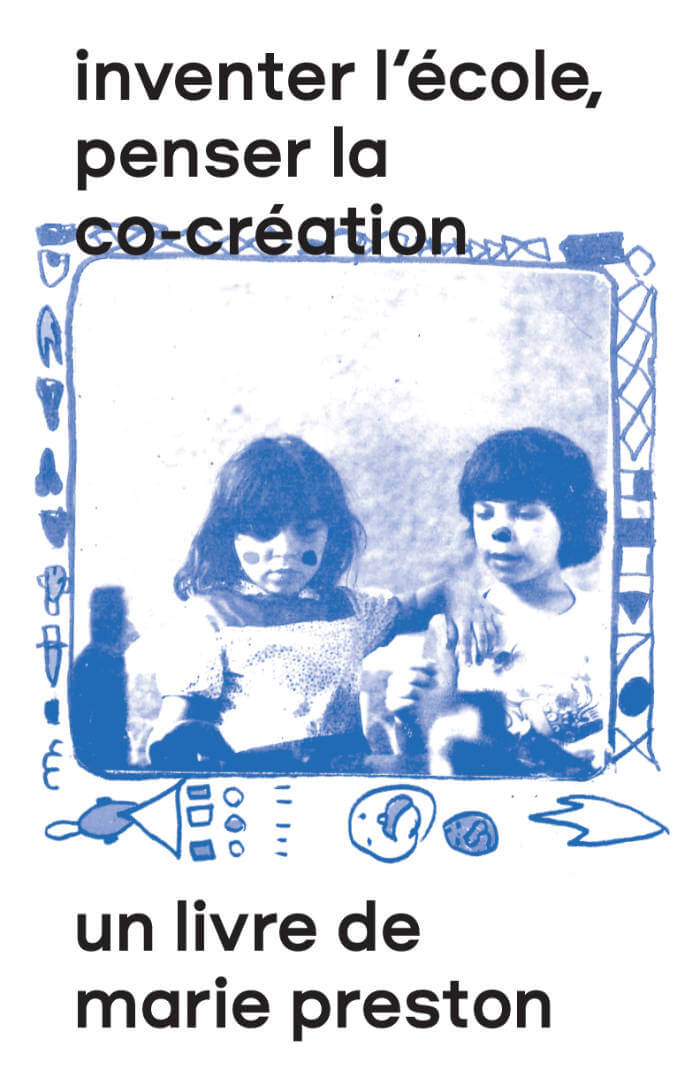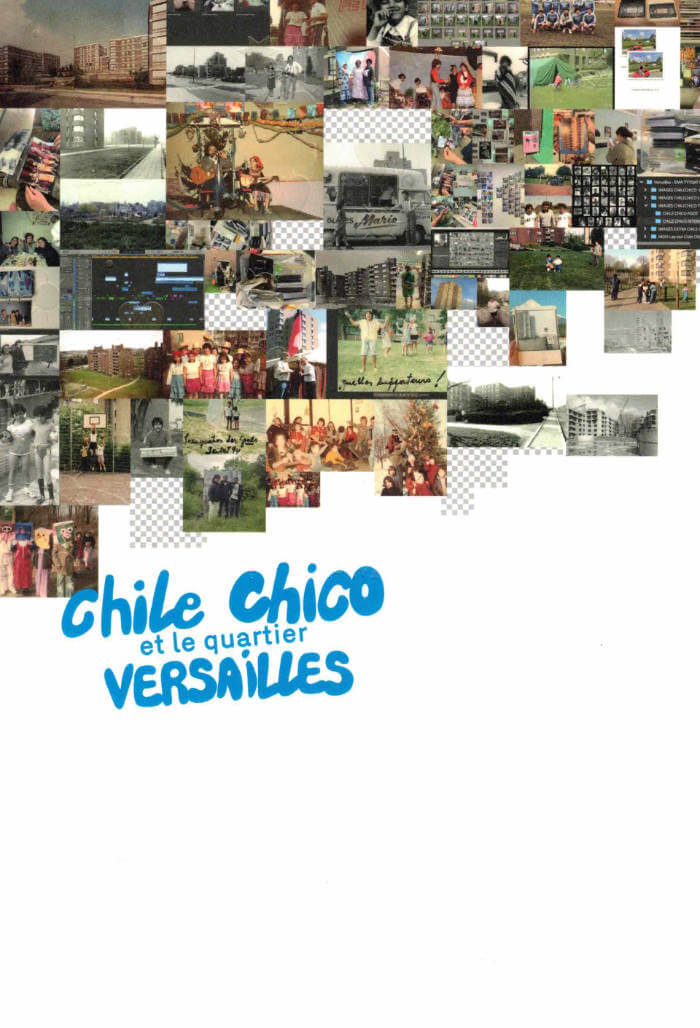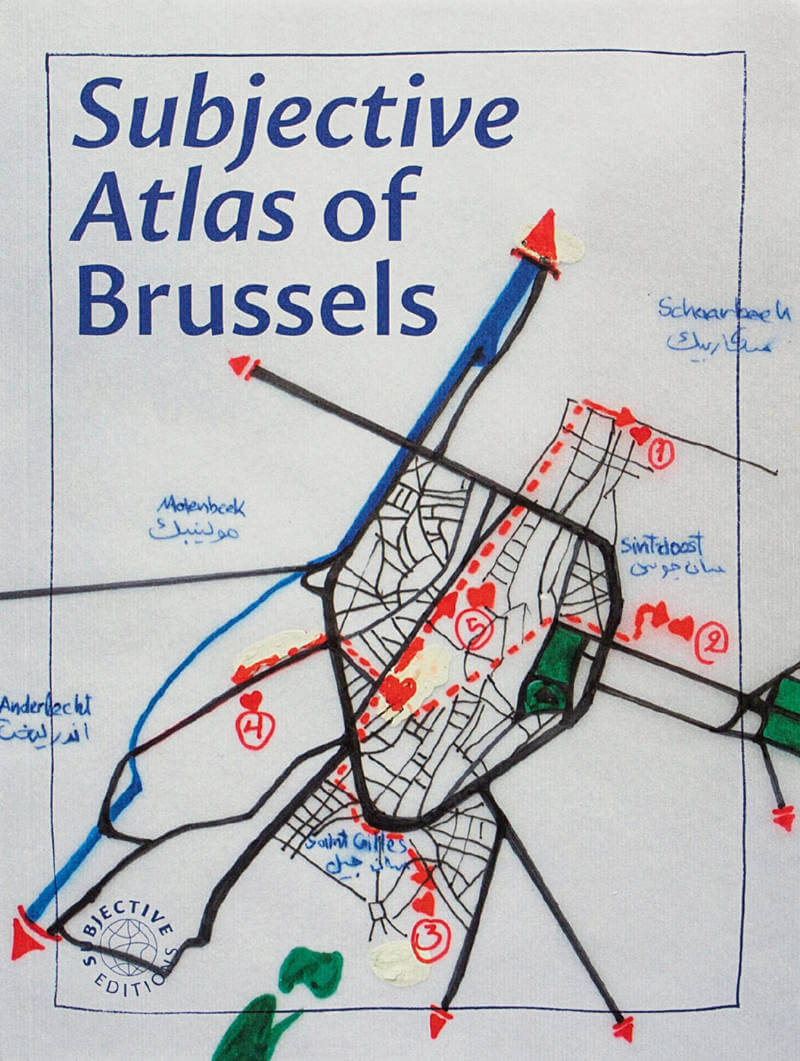
Inventer l'école, penser la co-création
A publication by artist and teacher-researcher Marie Preston on the alternative pedagogies developed in France during the 1970s-1990s in "open" schools working on the question of the relationship between co-creation and co-education.
The teaching teams at the heart of this book were convinced that, in order to break social reproduction, the school system was in dire need of transformation and they did it! The experiences discussed in this book constitute a truly fertile ground in terms of educational, relational and institutional inventions, and we have much to learn from them today. This is particularly true of cooperative and co-creative artistic practices which convey a true desire for and ways to implement social transformation, joint management, the emergence of collective creation and commons.
The work is built up around a back and forth between interviews and accounts from the participants of this story and contextual and analytical elements opening on co-creative artistic practices.
This book gathers an interview with Jean Foucambert, a discussion with Rolande and Raymond Millot (École Vitruve, Paris and La Villeneuve neighbourhood, Grenoble) and an unpublished text by André Virengue who was the headteacher of the Jacques-Prévert school in Villeneuve d'Ascq for over 20 years. A significant part of this work is dedicated to iconography, a crucial component of research as it enables the discovery of students' realisations as well as the publishing of school newspapers and other print works.




